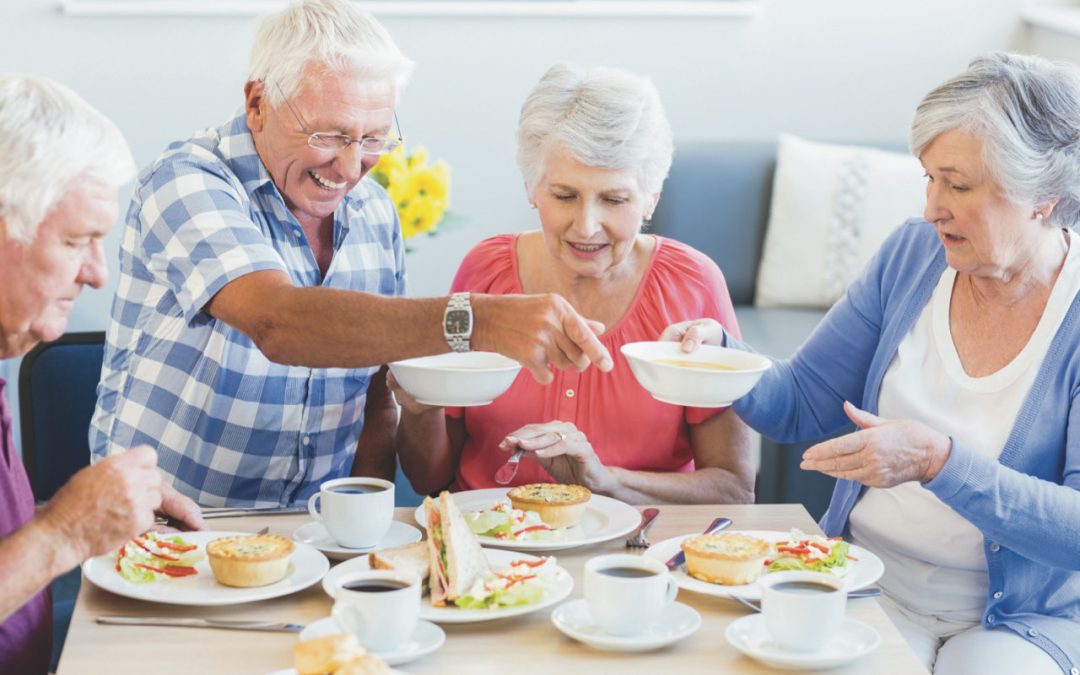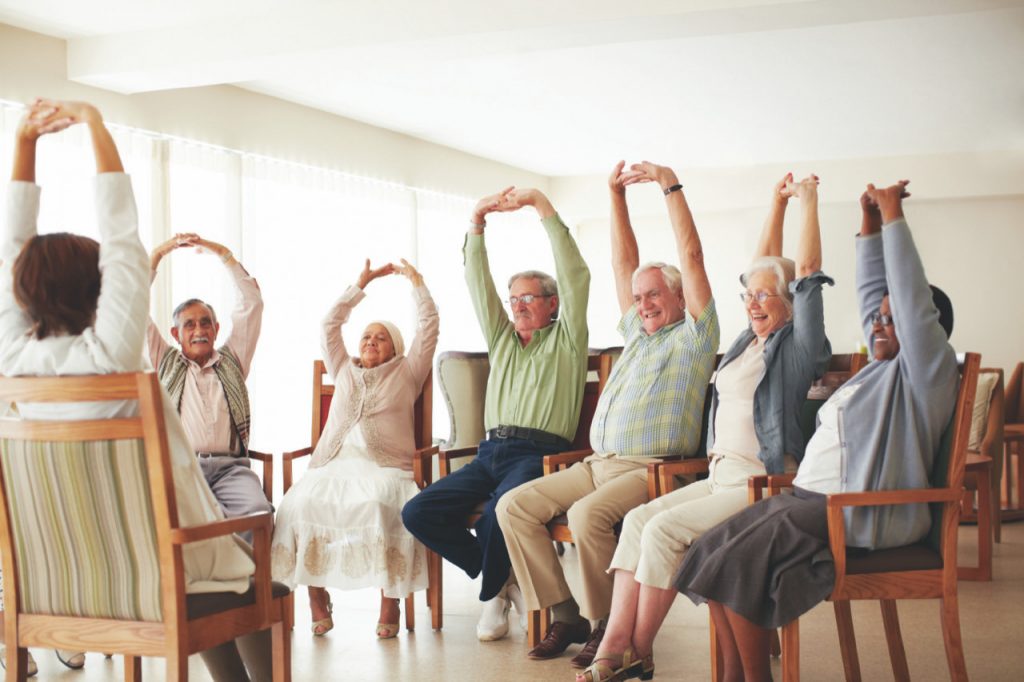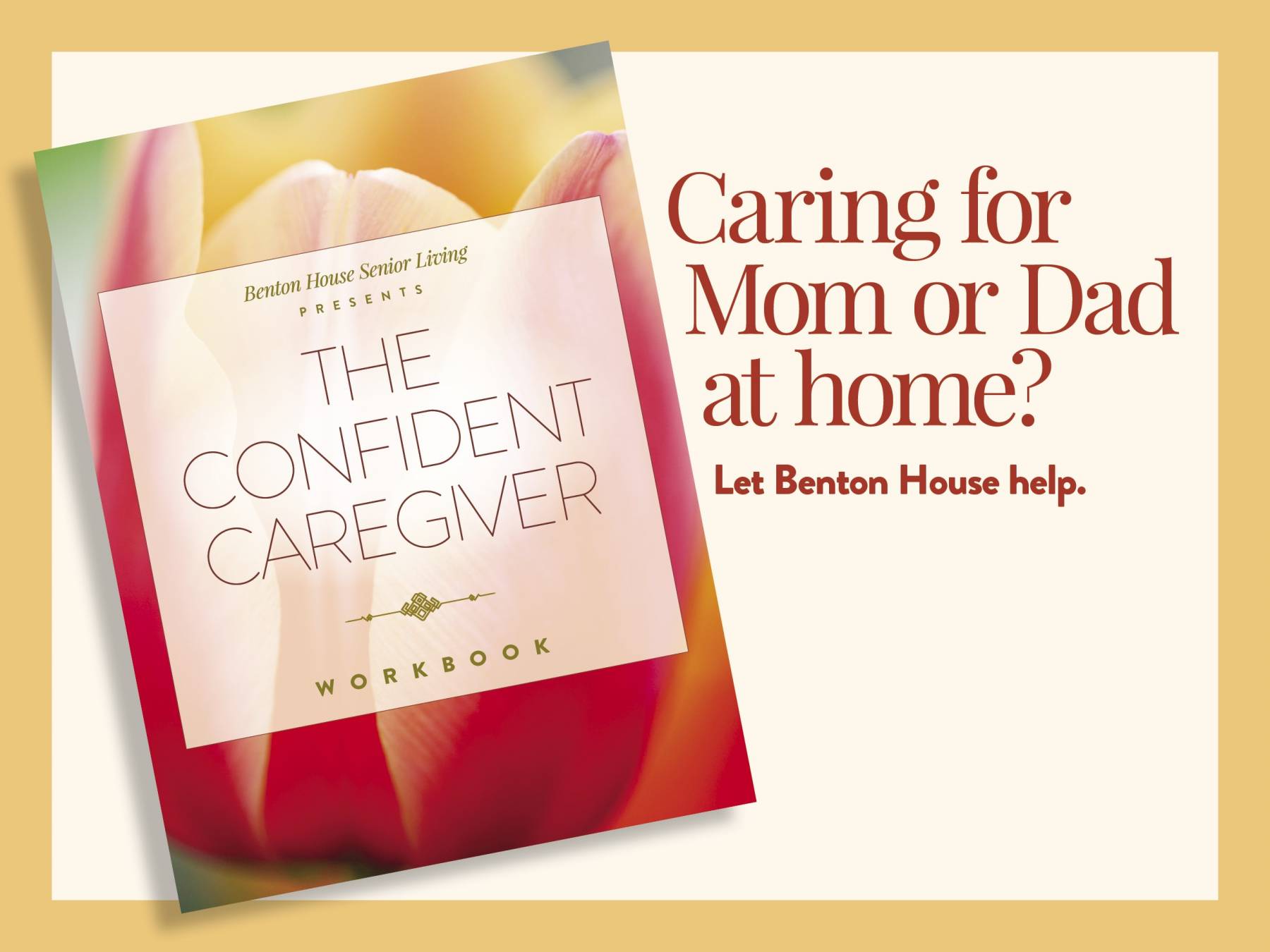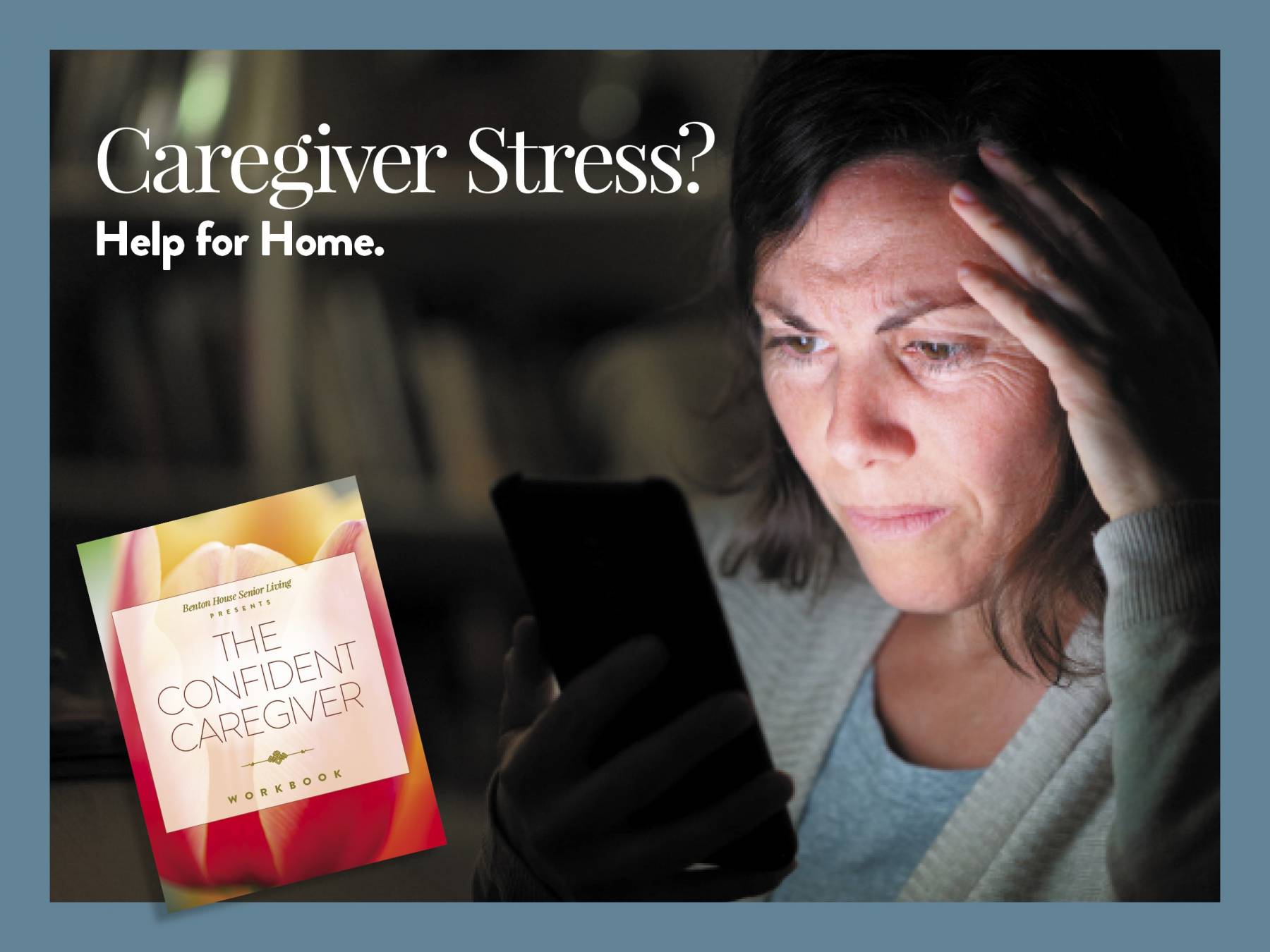For many seniors, the journey towards assisted living is often accompanied by increasing fragility and health concerns.
Research from National Opinion Research Center (NORC) at the University of Chicago underscores this phase as a time when many seniors experience a sharp decline in health as they face a range of potential challenges — from cognitive impairments like dementia to physical setbacks such as infections.
These findings shed light on the crucial need for comprehensive nursing and cognitive support — services that go beyond the scope of what home care can typically offer.
Interestingly, the study also notes that while there’s a brief increase in vulnerability as seniors adapt to their new environment, this period is short-lived, leading quickly to improvement and stabilization.
It’s at this critical time that the benefits of a top-quality assisted living community become clear.
For those caring for an elderly family member and thinking about assisted living, understanding the value of these communities is key. Let’s explore what to look for in an assisted living community that can make all the difference for your loved one.
Gentle Recovery Support Grounded In Routine
Recuperating from a hospital stay is a challenging process that can feel like starting from scratch, a reality that can be especially daunting for seniors. At home, the path to recovery can feel nearly insurmountable. Unfortunately, just because their house is familiar doesn’t mean it’s conducive to rehabilitation.
Having gone through the rigors of rehab for illnesses or post-surgical care, seniors might find their activity at home limited to the short trek from a recliner to the television. Rather than continue to recover, any healing that rehab helped to jumpstart may begin to backslide. Add to that the heightened risk of medication errors in the unstructured home environment, and you can easily see how supporting the recovery of a senior loved one at home has more than a few associated challenges.
In contrast, the combination of structured setting and comprehensive nursing care assisted living communities provide is designed to meet seniors exactly where they are and keep them safe while gently encouraging their participation in their own healing process.
As the NORC study suggests, when first moving into a community, seniors sometimes feel overwhelmed by the initial change and new faces. But these nurturing environments gently guide residents through this vulnerable transition with compassion, structure, and support.
Regular Short Walks Make a Big Difference
Here at Benton House, for example, you’ll find residents gently encouraged to leave their rooms for the dining area for at least three meals a day. Depending on their physical abilitiy, seniors may be pushed in a wheelchair or gently supported to make the walk themselves.
Getting to and from the dining area soon become daily cornerstones, fostering both physical recuperation and social interaction.
This embodiment of routine support doesn’t just aim for basic recovery. The goal is also a rejuvenation of the spirit, supported by gentle structure and a caring community.
More Independence, New Therapeutic Hobbies
Especially during their initial transition into assisted living, we find that when seniors leave their room for meals — as opposed to receiving meals in their rooms — they tend to experience significant improvements in health. We often see this even in their first week.
Whether they’re walking with assistance or being pushed compassionate staff in a wheelchair, they’re now beginning to weave their way through the community to dine and socialize.
Soon enough, they’re usually getting around more independently. And more than that, the mild exercise and meal-time socializing often rekindle a fundamental interest in life that’s less likely to be tapped when seniors spend post-recovery time living at home alone.
At this point in their transition and recovery, we often start to see our senior community members seeking out activities to participate in. Regular exercise, for example, is essential for health and well-being. We cherish getting to witness seniors recover to the point where they can begin attending one of our group fitness classes.
From exercise programs to book clubs to happy hour, at Benton House there are plenty of activities for seniors at every level of recovery to enjoy.
Stability for Cognitive Challenges
For seniors grappling with cognitive challenges such as dementia, the contrast between managing at home and moving into assisted living can be profound.
At home, the lack of daily structure can exacerbate disorientation, making a consistent routine difficult to maintain.
Without professional support, the burden often falls on family members who may struggle to adapt their homes and schedules to meet the evolving needs of their loved ones.
In contrast, assisted living communities offer stability through intentionally crafted schedules that provide a sense of normalcy and security.
Daily life programs in communities like ours also attune to the personal history and preferences of each resident. So while the initial, more vulnerable transition time requires extra attention and care, we find that the stability and safety seniors tend to feel on the other side is worth the initial disruption.
Essential tasks like bathing, dressing, and grooming are not only taken care of but also fit with the individual’s natural rhythm and past routines. This personalized approach to care meets people where they are, adapting professional support to align seamlessly with each senior’s unique way of life.
Embracing a New Chapter with Assisted Living
It’s clear that this move can be a pivotal step toward improved quality of life for seniors.
The initial adjustment period, while it sometimes challenging, paves the way for a resurgence in health, independence, and personal fulfillment.
Assisted living communities, with their comprehensive support systems and structured routines, stand as a testament to the resilience and adaptability of our beloved seniors. They provide a solution to the increasing vulnerabilities that seniors face, offering a supportive environment for recovery.
Benton House, among others, integrates essential healthcare with daily activities that promote a robust and engaged lifestyle. Here, seniors rediscover their independence, forge new social connections, and engage in activities that nourish both body and mind.
In the end, it’s not just about the care received — it’s about the life that care enables.
Seniors in the best assisted living communities find more than a safe haven. They find a place where their golden years can shine brighter, filled with the joy of community and the dignity of receiving the care they deserve.
Next Steps
Get compassionate and tailored support from us in one of these three easy ways.
Visit our support page to request your complimentary Caregiver Workbook.
Call our Caregiver Hotline for free custom support at 855-461-2552. We’re here to help.
Send us a message describing how we can support you. Choose whether you’d like us to reach out: text, email, or snail mail.
There is no charge for these services. They’re simply an extension of our mission to help every family who calls.




